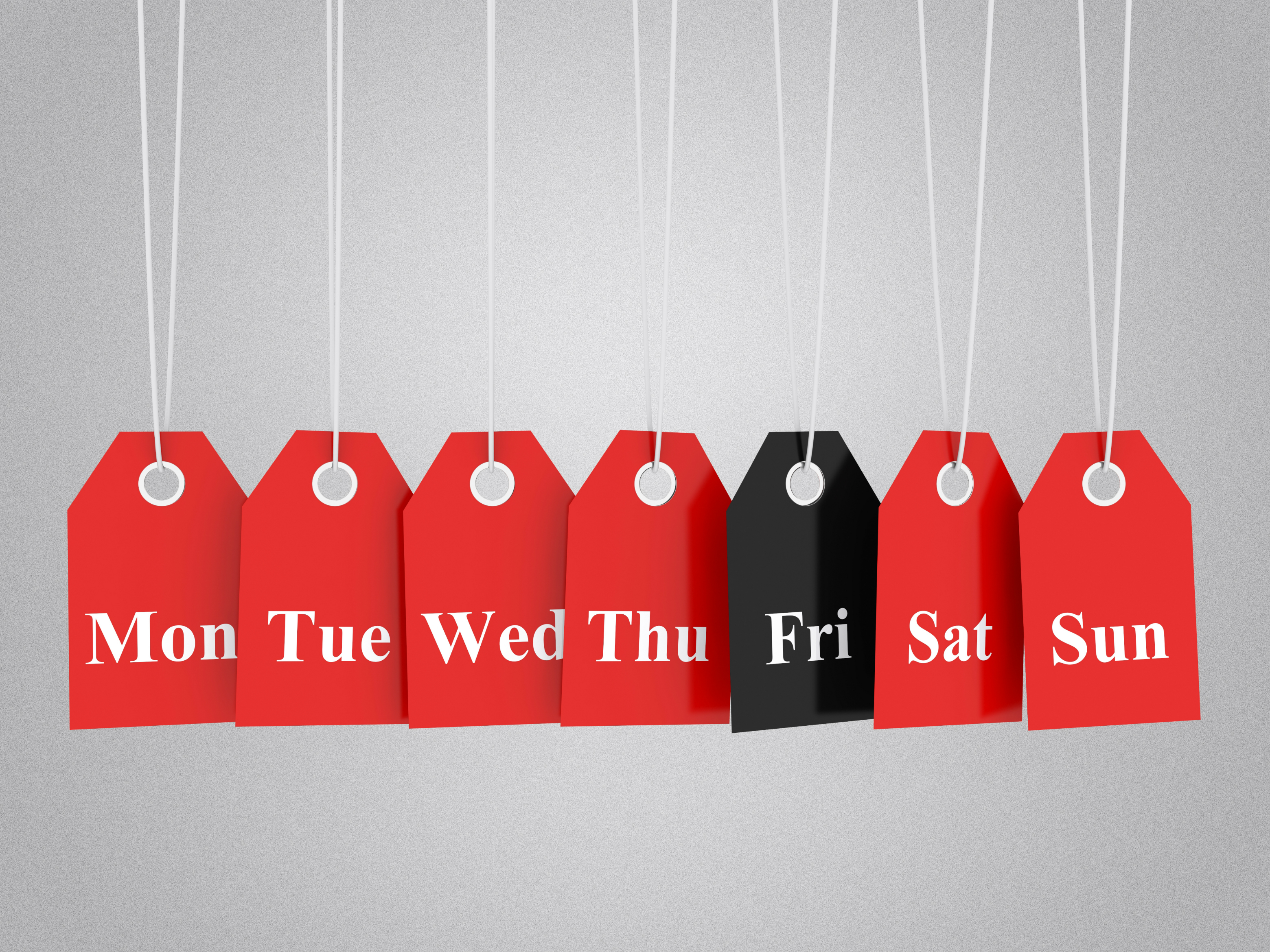
Black Friday
This Thanksgiving was as charming and heart-warming as ever. However, a stream of news reports on the day began to unsettle me. Black Friday, the unfortunately notorious day after Thanksgiving for marked down prices on a vast assortment of all things consumer discretionary, was going to promoted in many shops and retail outlets across Dublin. Stores enthusiastically advertised a slashing of prices for Black Friday in the hope of boosting noticeably low consumer consumption figures.
Although I can understand the economic rationale behind this decision, I can’t help but see this as an extremely negative consequence of the hotly debated and controversial concept of Americanisation. This almost suffocating spread of American culture can hardly be seen as surprising. In what could be called an assimilating process, Irish viewers have come to accept the American accent as a norm to be heard on the screen, an additional voice that resonates through the hallways of their homes. And it is right that Irish people should feel a connection to the United States, since a large portion of Americans will claim some 4th, 5th, or 26th generation connection to the country. However, at what point does the increasing penetration and ubiquity of American culture become problematic? When does cultural appreciation become homogenisation of a country, and perhaps even whole continent which is so rich in the arts itself?
And here is where my problem lies. American culture, politics, lifestyle, and art have all become almost too accessible. The things that I love about my native country – the friendliness, the warmth, the beautiful landscapes, the unique holidays – have become images and concepts that saturate the media. As one of many university students who suffers with an acute wanderlust affliction, I can’t even begin to find the words to express the appreciation and awe that I feel when my eyes feast upon a new city, a new country, a new charming alleyway that carves its way between Edwardian buildings. These experiences are like an unexpected wave of ocean water – you never saw it coming, but when it hits you, you are inevitably swept up by a powerful current that renews you. But how can you have such an experience if everything is so familiar to you? How can you be pulled out by the tide if the ocean was always on a visible horizon?
For me, the escalation of Americanisation crossed a line with these sickening Black Friday advertisements. It is an American tradition that I personally despise as it has developed into a primitive free-for-all. Such dramatic cuts to retail prices result in increased antagonism between different social classes, as consumerism becomes contagious and deranges even the most sensible of men and women. Its a blemish on American values that will now stain a society of a different land, will now blatantly expose the inequality of wealth that Ireland feels so acutely. Well I simply say no.
Language
I say no to hearing young children saying that something is “totally awesome” because they watch hours of television on end instead of immersing themselves in a book or finger painting or the rush of sprinting through a slightly overgrown field. I say no to this homogenisation, because I unequivocally love Ireland. I love the warmth and empathetic nature of the people, I love kindness of the strangers in Dublin, I love the way everyone here systematically bids farewell about six or seven times at the end of a phone call, and I love the resilient nature of the people in the face of adversity. Why should we let such admirable features of nation be swept away by another one? Why should we adopt a tradition of manic shopping, only further commercialising ourselves?
So do as I do and unapologetically love cultural identities. Love them for their quirks, and love them for their wonderful traditions. Of course I love when people ask me about the traditions and rituals surrounding Thanksgiving or the Fourth of July, but always keep in mind that St. Patrick’s Day is equally as exciting. And most importantly, if you’re Irish, always remember that your nation is completely and utterly class, never let it be radically demoted to “totally awesome”.






